Service hotline
+86 0755-83975897
Release date:2024-09-27Author source:KinghelmViews:1855
Since the launch of ChatGPT over 600 days ago, the AI revolution has significantly transformed the landscape of consumer electronics and data centers. Major players like Nvidia and Amphenol have emerged as key winners in this evolving market. Against this backdrop, we must consider the future of domestic high-speed connectors in China and whether it is possible for the country's IT industry to achieve self-sufficiency.
In the wake of the AI boom, the consumer electronics sector has witnessed a remarkable resurgence. According to Counterpoint Research, global PC shipments reached 62.5 million units in Q2 2024, reflecting a year-over-year growth of 3.1% for two consecutive quarters.
This resurgence is not just limited to PCs; the demand for data centers has also surged, particularly in the realm of large-scale and edge computing. In March, Nvidia unveiled its GB200-NLV72 server, which employs a cable-backplane connection architecture, showcasing the importance of high-speed connectors. Competing tech giants, including AMD, Hewlett Packard Enterprise, Broadcom, and Cisco, have formed the UALink consortium to challenge Nvidia's dominance in this space.
AI's influence on the data center and PC markets has brought about four specific hardware demands:
High-Performance Computing: Training deep learning models necessitates substantial computational power, leading to the rise of GPUs, NPUs, and ASICs designed to expedite model training.
Large-Scale Memory: Many AI tasks require vast memory capacities, prompting the development of high-performance computing clusters and GPU cloud services.
High-Bandwidth Interconnects: AI systems require rapid data transfer from sensors and storage devices, increasing the demand for high-speed networking and interconnect solutions.
Energy Efficiency: AI systems often run for extended periods, making energy efficiency crucial for reducing operational costs.
In this evolving landscape, the development of AIPC (AI-powered PCs) is reliant on cutting-edge technologies like Qualcomm's Snapdragon X Elite platform and AMD's Ryzen 8000 series. With these advancements, the need for LPDDR5x memory specifications has surged.
While DDR and LPDDR memory technologies are prevalent, LPDDR’s reliance on BGA soldering limits upgrade potential. This limitation has led to the emergence of the CAMM2 connector, which facilitates modular memory upgrades. As explained by industry experts, the CAMM2 connector offers flexibility and space-saving advantages, boasting 644 pins compared to the traditional SO-DIMM’s 262 pins.
The resurgence in the PC market is just one facet of AI's broader impact; the data center sector also plays a crucial role. Investment in data centers has grown significantly, with forecasts suggesting that the global market could reach $158.97 billion by 2030.
Nvidia's outstanding performance in the data center space has propelled it to become the world's most valuable company, alongside partners like Amphenol, which provides advanced interconnect solutions. Nvidia’s GB200 server, for instance, incorporates high-value connectors, with a single server's cable harness potentially worth over $34,000.
In light of increasing global competition and export restrictions impacting Chinese tech firms, the urgency for self-reliance in IT manufacturing has intensified. Domestic companies like Luxshare Precision, Huafeng Technology, and Wolong Nuclear Materials are stepping up efforts in high-speed connector production.
Huafeng Technology has emerged as a key supplier for Huawei's high-speed backplane connectors, having successfully developed products capable of 112G and 224G transmission speeds. Meanwhile, Luxshare has been at the forefront of innovation since 2014, developing its Optamax™ technology to deliver ultra-low-loss, high-speed connections.
Overall, the trajectory toward high-speed interconnect technology remains promising, with domestic manufacturers making strides in performance and reliability. The rapid development of AI technology presents both challenges and opportunities, urging the need for innovation and localized production.
The pursuit of self-sufficiency and domestic alternatives is vital for enhancing the competitiveness of China's connector industry. As AI continues to reshape the tech landscape, the ability to innovate and adapt will be crucial for securing a leading position in the global market. With a robust domestic supply chain, China can strengthen its technological independence and contribute to the advancement of the global IT ecosystem.
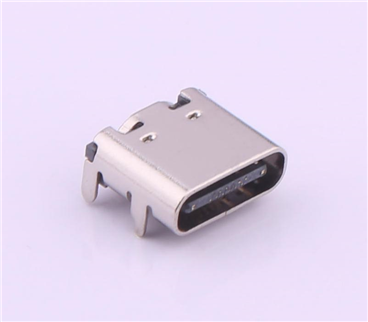
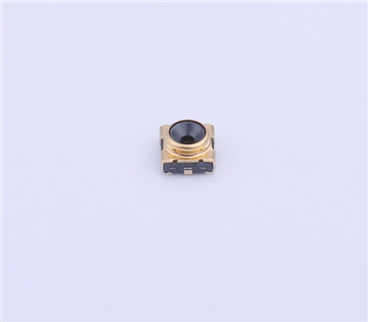
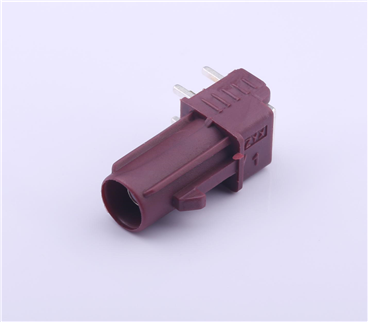
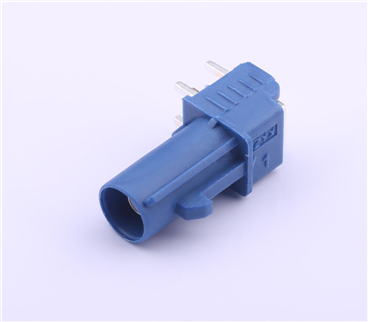
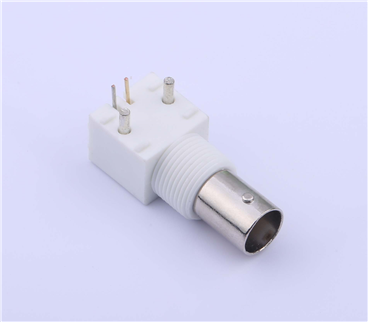
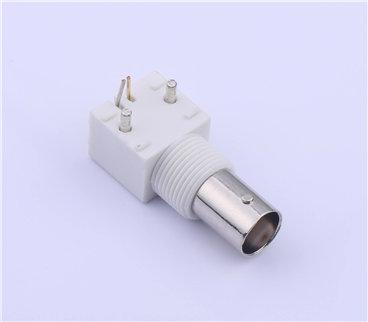
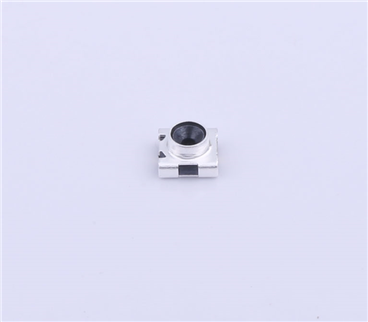
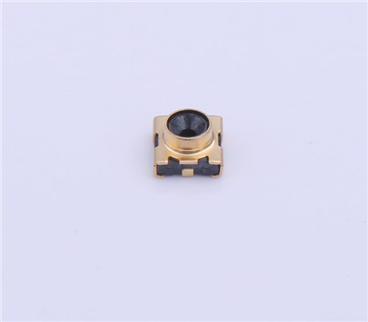
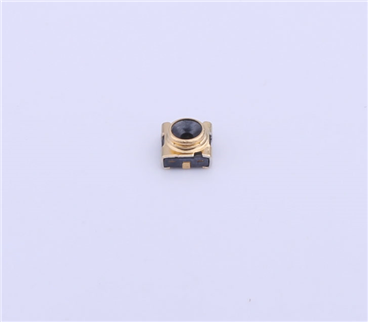
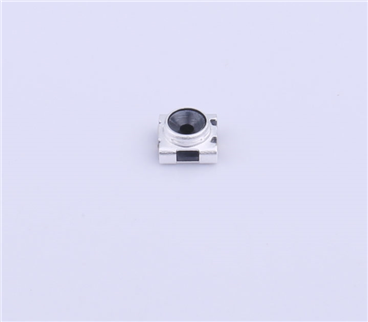
Copyright © Shenzhen Kinghelm Electronics Co., Ltd. all rights reservedYue ICP Bei No. 17113853